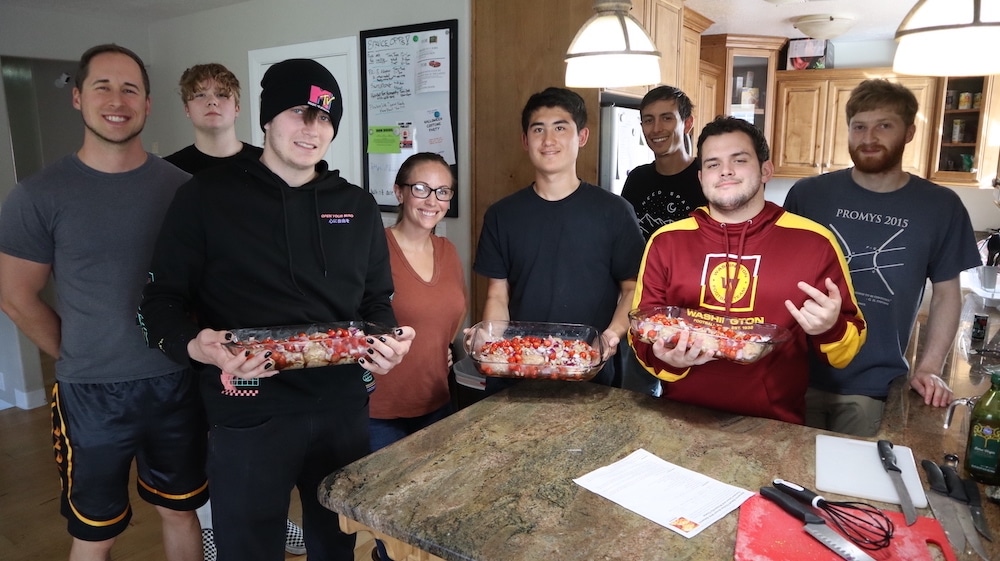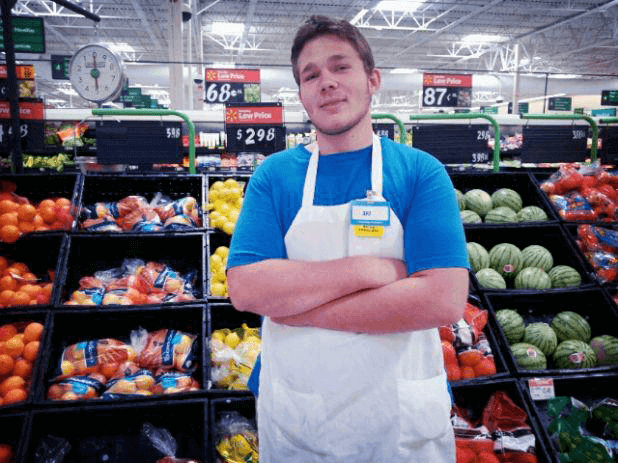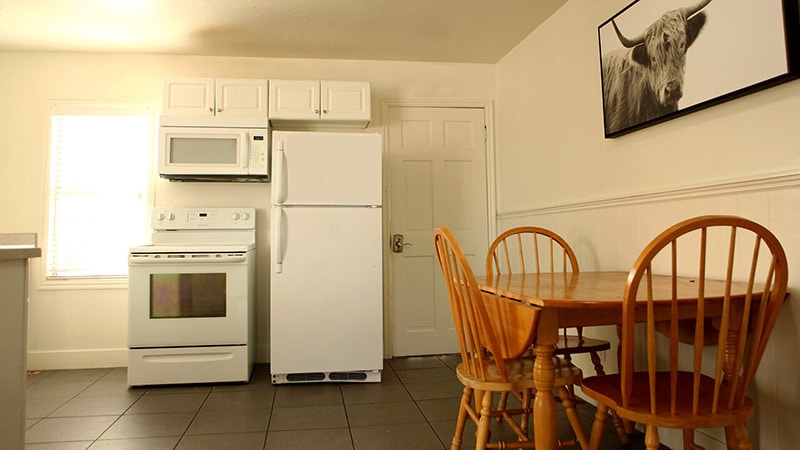We Help Young Adults Reach their Potential!
A Transitional Living Program for Young Men and Women
ATC is a young adult program located in St. George Utah. We specialize in helping men and women live an independent and meaningful life.
What We Do!
We Help Young Adults Overcome Life Challenges They Face Daily.
With our 3 Step Process: We help by showing them how they can attend college, volunteer, get a job, get healthy, and enjoy other recreational activities.

Educate

EXPERIENCE

Empower
Ask Us How We Would Implement These Steps With Your Child
Our Approach Has Worked For These Families
Great program! They took great care of my son and did the best they could to help him. The staff is highly knowledgeable and very professional. My wife and I are very thankful!
I have worked for treatment facilities in the past and Crossroads is by far my favorite out of the ones I have been employed at. The treatment team that work with the clients are very orientated around helping the clients to recover and become independent.
At The Crossroads is a fabulous program. The staff is excellent and dedicated to uncovering each young adults greatest possibilities. The program is committed to instilling the skills and habits to launch lives foreword as the young men and women transition into independence. Rock On ATC!!
I have known "ATC" and their staff for a few years. They have helped many young men transition into society and launch into college or careers.
Things We Help Young Adults Overcome!
We work with young adults who struggle with one or more of the following...
- Anxiety
- Depression
- Self-Esteem
- Family Issues
- Lack Of Motivation
- Self-Harm
- Isolation
- Social Anxiety
- Eating Disorders
- Lying
- Substance Use or Abuse
- Tech Overuse
- Video Game Dependency
- etc…
Review common diagnoses our clients have:
- Depressive Disorders
- Anxiety/Trauma/Stressor-Related Disorders
- Neurodevelopment Disorders (ADHD – ASD)
- Secondary Substance Related Disorders
- Bipolar Disorder
- etc…





















































